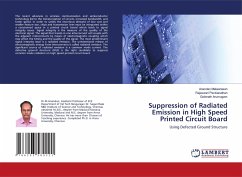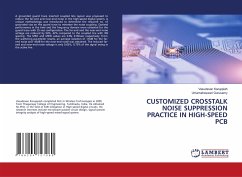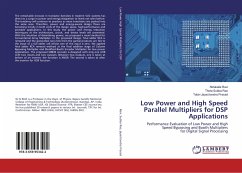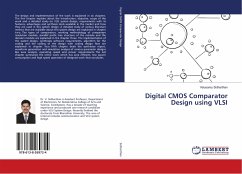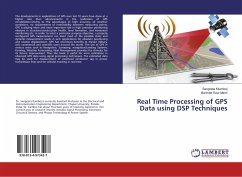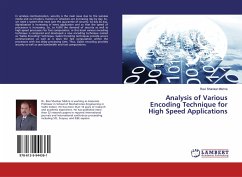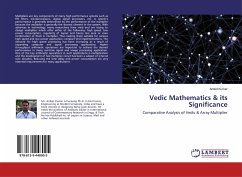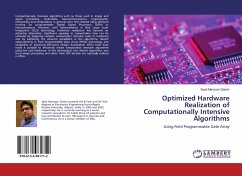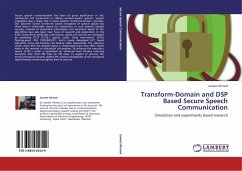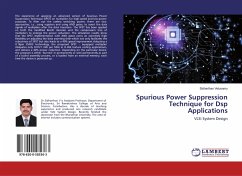
Spurious Power Suppression Technique for Dsp Applications
VLSI System Design
Versandkostenfrei!
Versandfertig in 6-10 Tagen
36,99 €
inkl. MwSt.

PAYBACK Punkte
18 °P sammeln!
The experience of applying an advanced version of Spurious Power Suppression Technique (SPST) on multipliers for high-speed and low-power purposes. To filter out the useless switching power, there are two approaches, i.e., using registers and using AND gates, to assert the data signals of multipliers after the data transition. The SPST has been applied on both the modified Booth decoder and the compression tree of multipliers to enlarge the power reduction. The simulation results show that the SPST implementation with AND gates owns an extremely high flexibility on adjusting the data asserting...
The experience of applying an advanced version of Spurious Power Suppression Technique (SPST) on multipliers for high-speed and low-power purposes. To filter out the useless switching power, there are two approaches, i.e., using registers and using AND gates, to assert the data signals of multipliers after the data transition. The SPST has been applied on both the modified Booth decoder and the compression tree of multipliers to enlarge the power reduction. The simulation results show that the SPST implementation with AND gates owns an extremely high flexibility on adjusting the data asserting time which not only facilitates the robustness of SPST but also leads to a 40% speed improvement.Adopting a 0.18µm CMOS technology, the proposed SPST - equipped multiplier dissipates only 0.0121 mW per MHz in H.264 texture coding applications, and obtains a 40% power reduction. Depending on the particular device, the program is either 'burned' in permanently or semi permanently as part of aboard assembly process, or a loaded from an external memory, each time the device is powered up.



